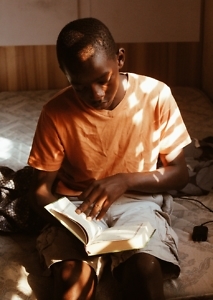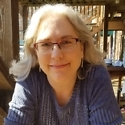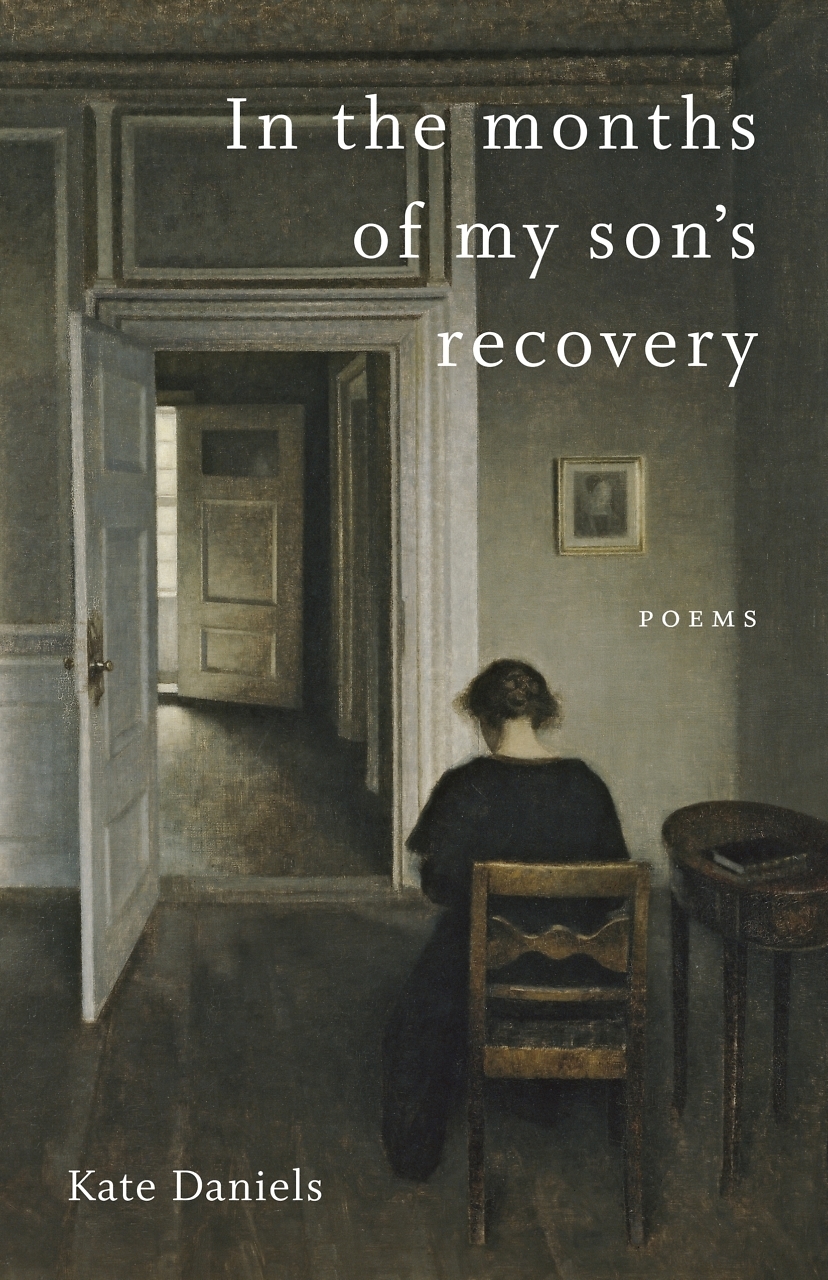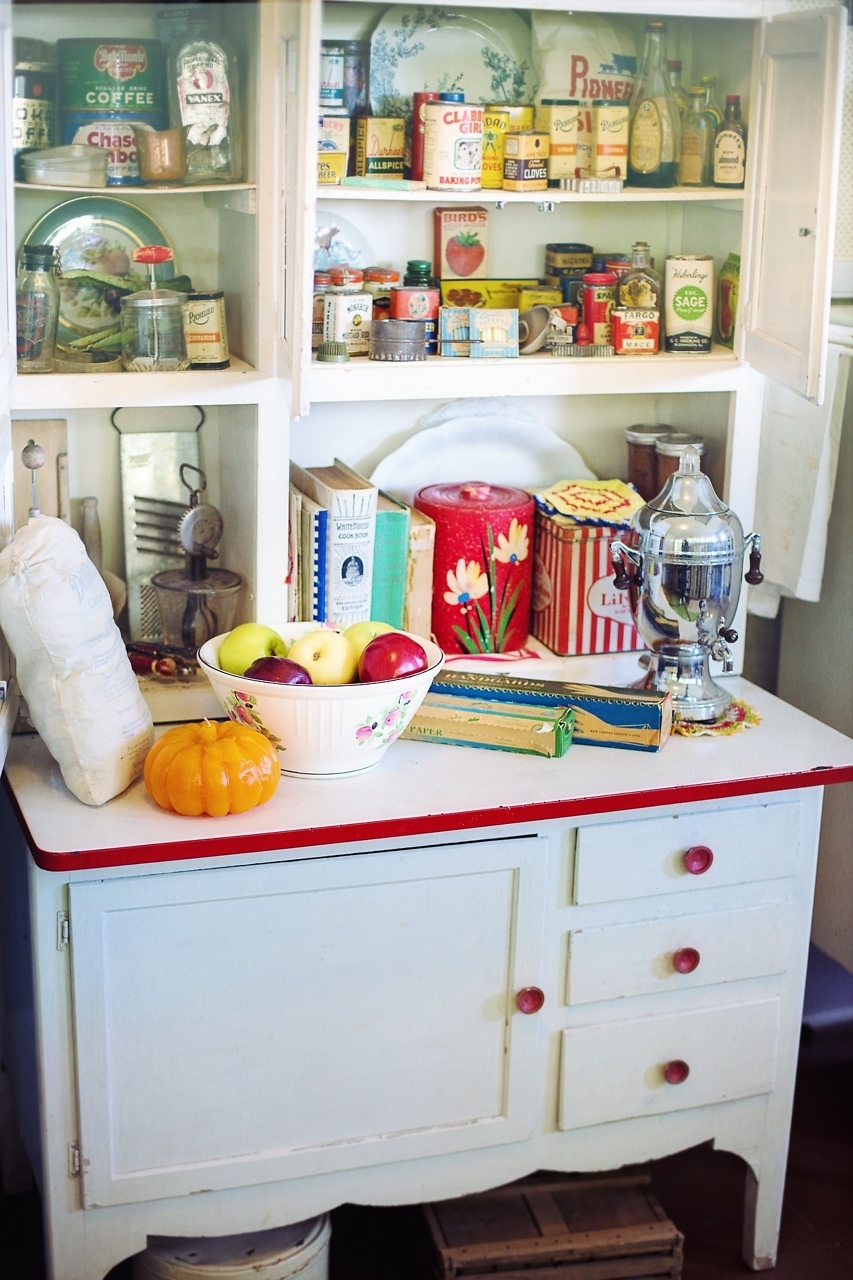Pain, Truth, and Hope
The joy of young adult literature
At the online 2020 YA-hoo Fest — an annual celebration of young adult literature hosted by the Southern Lit Alliance in Chattanooga — Nashville author Jeff Zentner offered his “three rules for writing YA”: Life is hard and filled with pain. You must be truthful, always. There is always hope.

I’d say those are pretty good rules for almost any type of fiction. The lifeblood of a good story is the same no matter the label, and in the hands of a skilled writer, the effect can be profound for readers of any age.
In the nearly 10 years I have written for Chapter 16, I’ve reviewed more than 60 young adult and middle grade books, and I wouldn’t have it any other way. Young adult titles are directed primarily toward readers age 12 to 18, while middle grade books target the 8 to 12 set. (There’s actually quite a bit of overlap between the two categories, so in this essay I will use the designation “YA” as shorthand for both.) Subject matter includes practically every category associated with adult literature: family drama, thriller, sci-fi, coming of age, adventure, fantasy, romance, history, biography, mystery, humor, horror, sports — you name it, and there’s a YA book (or dozens) about it.
Among the Tennessee authors I’ve covered, some favorites include Knoxville native Alan Gratz, whose historical books, including the brilliant Refugee (2017), provide young readers with a relentlessly immersive experience designed to convey the emotional devastation and daily life-and-death stakes of wartime. Chattanooga author Meredith Russo’s beautiful debut novel, If I Was Your Girl (2016), follows a transgender girl through the horrors of high school as she struggles with her physical and emotional identity, romantic stirrings, and feelings of shame.
Vince Vawter’s quiet gem Paperboy (2014) is another standout — an exquisite coming-of-age story about a young boy with a stutter and a dream in 1950s Memphis. In Zeus: Dog of Chaos (2020) by Nashville author Kristin O’Donnell Tubb, a fiercely dedicated service dog to a young boy with diabetes steals the show as the narrator of this funny and heart-warming tail … I mean, tale. Nashvillian Sheba Karim’s 2017 novel That Thing We Call a Heart is a beautiful meditation on family and culture in the lives of two Pakistani-American teens.

Tennessee can claim a host of outstanding writers who focus on work for the YA audience, including Tracy Barrett, Greg Howard, Helene Dunbar, Ruta Sepetys, Kerri Maniscalco, Erin A. Craig, Jeff Zentner, Dave Connis, Victoria Schwab, Natalie Lloyd, C.J. Redwine, Ronald Kidd, and David Arnold — and that’s far from a complete list.
In addition to Tennessee authors, Chapter 16 covers out-of-state writers who visit for book-related events, such as Nashville’s annual Southern Festival of Books, which always features a strong YA component. Other Tennessee festivals that cater exclusively to young readers include Murfreesboro’s SE-YA (scheduled as a virtual event for March 2021), and Knoxville’s LitUp (not yet scheduled for 2021). At these lively gatherings, whether in person or online, authors discuss their craft and answer questions from their fans.
In my experience, participants tend to be high energy, funny, passionate about their work, adept at social networking, and generous toward their young audience. In 2020 alone, Tennessee venues have hosted Justin A. Reynolds, Rocky Callen, Patrick Ness, Victoria Bond, and National Book Award winner Kacen Callender. Over the years, I have had the pleasure of reviewing books by Neela Vaswani, Nina LaCour, and Roshani Chokshi. I’ve enjoyed the reimagined Greek myths of Rick Riordan, the paranormal romance of Maggie Stiefvater, travel adventure stories by Dan Gutman, and the dystopian sci-fi of Rick Yancey (as much as one can be said to “enjoy” dystopia).
I’m a fantasy fan, and there is no short supply of that genre in YA, even excluding sparkly vampires. I’ve hung out with angels, time travelers, gods and goddesses, mediums, ghosts, witches, and even the Devil himself. But YA literature has allowed me to time travel in more ways than one: I’ve also accompanied Harriet Tubman on her midnight missions, roamed the early 20th century reading rooms of the New York Public Library, and trailed a serial killer through the Chicago World’s Fair.

I’ve witnessed the Battle of Okinawa in 1945, the Memphis sanitation workers’ strike of 1968, and the Romanian revolution of 1989. Far from shying away from serious subject matter, many YA authors embrace it. I’ve read depictions of racism and religious bigotry, kidnapping and murder, censorship and human cloning, misogyny and feminism, abortion and adoption, persecution and genocide, physical disability and organ transplant, sexual orientation, gender identity, and sexual assault.
YA authors face the daunting task of making such serious issues relatable to teens while maintaining readability, striving for brevity, and avoiding preachiness. It’s no easy feat, and the best of them do it well. But it’s emotion (with a capital E) that these authors excel in capturing for their young readers — readers who are likely questioning how the world works, why people act as they do, and why they themselves often feel as if they don’t fit in. The truth is that we all feel that way sometimes, no matter our age, and YA authors understand that. That’s why they specialize in drilling down to our worst fears and our wildest dreams, our bitterest regrets and our deepest loves, striving to present what they find in age-appropriate doses, always keeping an eye on the pain, truth, and hope readers long for in every good, every meaningful — every unforgettable — story.

Copyright (c) 2020 by Tina Chambers. All rights reserved. Tina Chambers has worked as a technical editor at an engineering firm and as an editorial assistant at Peachtree Publishers, where she worked on books by Erskine Caldwell, Will Campbell, and Ferrol Sams, to name a few. She lives in Chattanooga.


